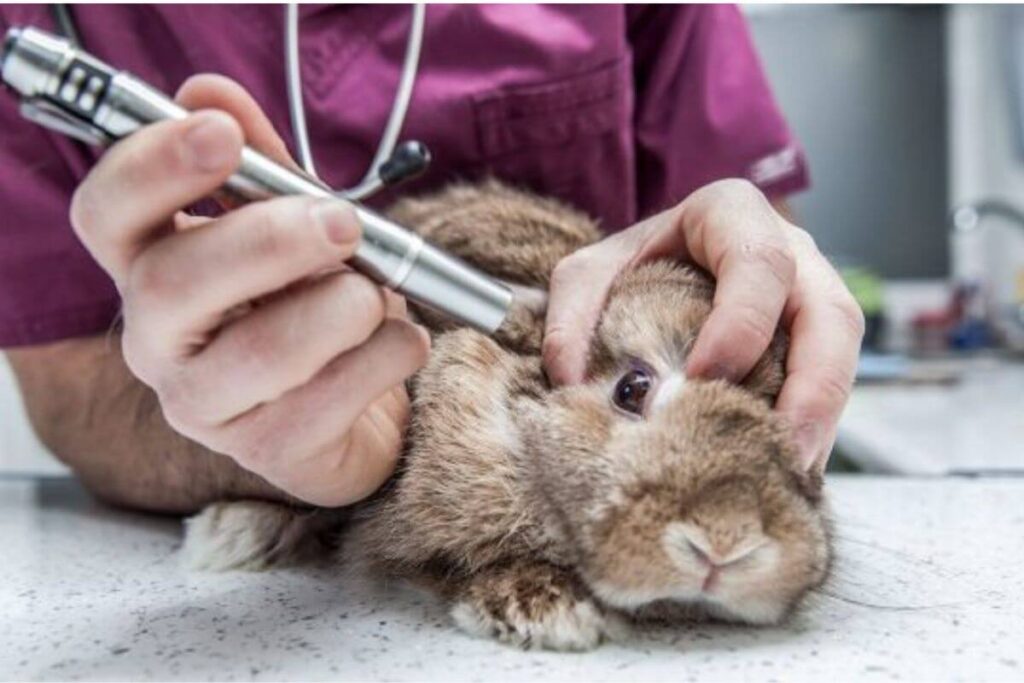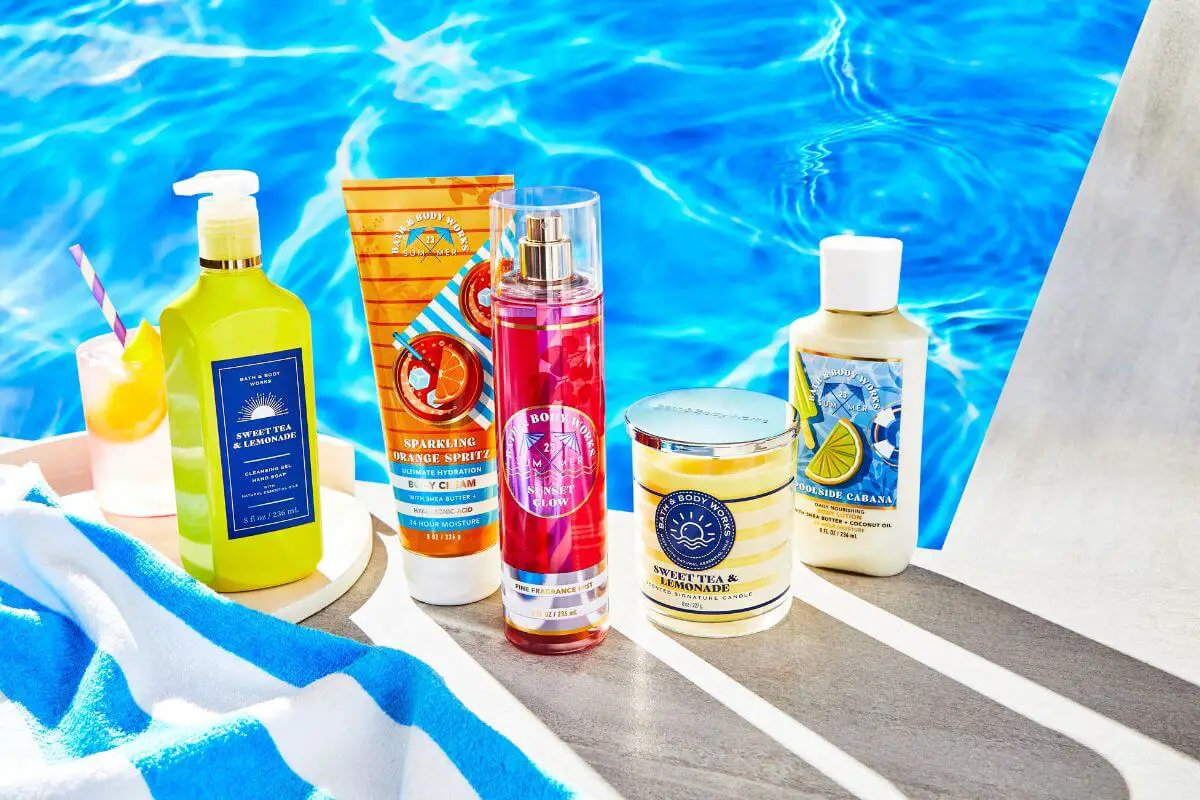Bath & Body Works is a well-known brand specializing in personal care and fragranced products, ranging from lotions and shower gels to candles and home fragrances. The company has a dedicated following of customers who appreciate their diverse product lines and signature scents. However, in today’s conscientious consumer climate, many shoppers are concerned about a company’s stance on animal testing. This article delves into Bath & Body Works’ animal testing policies to provide a comprehensive understanding of their practices.
The Shift Away from Animal Testing
In recent years, there has been a growing awareness of the ethical concerns surrounding animal testing in the beauty and personal care industry. Many consumers are actively seeking out brands that promote cruelty-free practices, which means that their products are not tested on animals.
Cruelty-free companies understand the importance of alternative testing methods that do not involve animals. These alternatives often include in vitro tests, computer modeling, and human clinical trials, allowing brands to ensure product safety without harming animals.

Bath & Body Works’ Animal Testing Policy
As of my last knowledge update in January 2022, Bath & Body Works, along with their parent company L Brands, had an official statement regarding their stance on animal testing. Their policy at that time stated that they did not test their finished products on animals and did not ask others to conduct animal testing on their behalf. They also expressed their commitment to finding alternative testing methods.
While this was a positive step in the direction of cruelty-free practices, it’s important to note that there was some ambiguity in their statement. The term “finished products” left room for interpretation, as it didn’t explicitly address whether individual ingredients used in their formulations were subject to animal testing. Additionally, there was no mention of third-party testing, which can sometimes be a concern.
Certified Cruelty-Free Brands
To provide consumers with more transparent information about cruelty-free brands, organizations such as PETA (People for the Ethical Treatment of Animals) and Leaping Bunny have created certification programs. These programs set specific criteria and standards for brands to meet to ensure their products are genuinely cruelty-free. Certification from these organizations serves as a clear indicator that a brand is committed to animal-friendly practices.
It’s worth checking whether Bath & Body Works has pursued certification from one of these organizations to offer further assurance to their customers.
Staying Informed
Since the landscape of animal testing policies can evolve over time, it’s advisable to stay informed about a brand’s current practices. You can do this by visiting the brand’s official website, where they often provide updates on their animal testing policies. Additionally, you can refer to third-party resources, such as PETA’s Beauty Without Bunnies program or the Leaping Bunny website, to find a list of certified cruelty-free brands.
In conclusion, while Bath & Body Works had expressed a commitment to not testing their finished products on animals as of my last knowledge update in January 2022, consumers concerned about animal testing may want to seek further information and consider purchasing from brands that have obtained recognized cruelty-free certifications. It’s essential to align your shopping choices with your ethical beliefs and to support brands that share your commitment to cruelty-free practices.
The Ongoing Debate
The issue of animal testing within the cosmetics and personal care industry continues to be a subject of debate and concern among consumers, advocacy organizations, and beauty brands. The quest for cruelty-free products has gained momentum, and consumers are increasingly demanding transparency and ethical practices from the brands they support.
For those who prioritize cruelty-free shopping, Bath & Body Works’ animal testing policy, while positive, may still leave some questions unanswered. The lack of specific details regarding ingredient testing, third-party testing, and any updates to their policy post-2022 could leave consumers seeking additional reassurances.
It’s worth noting that the landscape of animal testing in the cosmetics industry is evolving. More countries and regions are banning or restricting animal testing, and advances in alternative testing methods continue to reduce the reliance on animal models. In response to this changing landscape, some brands are proactively aligning with cruelty-free standards to appeal to a growing market of ethically conscious consumers.
Taking Action as a Consumer
As a consumer, you have the power to influence the practices of the beauty and personal care industry by making informed choices. Here are some actions you can take:
1. Research Brands:
Look for brands that are certified cruelty-free by reputable organizations. Certification ensures that the brand adheres to strict standards against animal testing.
2. Contact Brands:
Reach out to brands, like Bath & Body Works, to seek updated information on their animal testing policies. Ask for clarity on ingredient testing and third-party testing.
3. Support Certified Brands:
Choose to support brands that have obtained recognized cruelty-free certifications from organizations like PETA or Leaping Bunny.
4. Advocate for Change:
Join and support advocacy organizations dedicated to ending animal testing in the cosmetics industry. These organizations work to raise awareness and push for legislative changes.
5. Stay Informed:
Stay up-to-date with the latest developments in the cruelty-free movement, as brand policies can change over time. Use resources like the Leaping Bunny website and PETA’s Beauty Without Bunnies program to find certified cruelty-free brands.
Conclusion
Bath & Body Works’ commitment to not testing their finished products on animals is a positive step in the direction of cruelty-free practices. However, the absence of specific details and certifications may leave some consumers wanting more transparency.
The ongoing debate surrounding animal testing within the cosmetics industry highlights the importance of informed consumer choices and advocacy. By supporting brands that prioritize cruelty-free practices and advocating for ethical standards, consumers can be instrumental in driving positive change within the beauty and personal care industry.
FAQS
Certainly, here are some frequently asked questions (FAQs) about Bath & Body Works’ animal testing policies:
Does Bath & Body Works test its products on animals?
As of my last knowledge update in January 2022, Bath & Body Works had an official statement indicating that they did not test their finished products on animals and did not ask others to conduct animal testing on their behalf.
Is Bath & Body Works cruelty-free?
Bath & Body Works had expressed a commitment to cruelty-free practices, but they had not obtained recognized cruelty-free certifications from organizations like PETA or Leaping Bunny.
Does Bath & Body Works use cruelty-free ingredients?
While Bath & Body Works stated that they did not test their finished products on animals, their policy did not provide specific details about ingredient testing. If you have concerns about ingredient testing, it’s advisable to seek further information from the brand.
Is Bath & Body Works cruelty-free in 2023?
To determine Bath & Body Works’ current animal testing policies and certifications in 2023, it’s recommended to visit their official website or contact them directly for the most up-to-date information.
Are Bath & Body Works products sold in countries that require animal testing?
Some brands may sell products in countries that require animal testing due to local regulations. To understand a brand’s full stance on animal testing, it’s essential to inquire about their practices in different markets.
What is the significance of cruelty-free certifications from organizations like PETA and Leaping Bunny?
Cruelty-free certifications from reputable organizations serve as clear indicators that a brand adheres to strict standards against animal testing. These certifications provide transparency and assurance to consumers seeking cruelty-free products.
How can I support cruelty-free practices in the beauty and personal care industry?
To support cruelty-free practices, you can choose to purchase products from certified cruelty-free brands, reach out to brands for information on their policies, advocate for change through animal rights organizations, and stay informed about the latest developments in the cruelty-free movement.
What are some alternatives to Bath & Body Works that are certified cruelty-free?
There are several brands that have obtained recognized cruelty-free certifications, including The Body Shop, Lush, e.l.f. Cosmetics, and Too Faced, among others. These brands prioritize ethical and cruelty-free practices in their product development.
Why is the issue of animal testing in the cosmetics industry important?
The issue of animal testing is important because it involves the ethical treatment of animals and the pursuit of alternative testing methods that do not harm animals. Many consumers seek cruelty-free products to align their shopping choices with their ethical beliefs.
How can I stay informed about the latest developments in the cruelty-free movement?
You can stay informed by regularly checking the websites of advocacy organizations like PETA and Leaping Bunny, as well as using their resources to find certified cruelty-free brands. Additionally, following cruelty-free and beauty news outlets can provide updates on industry practices.



